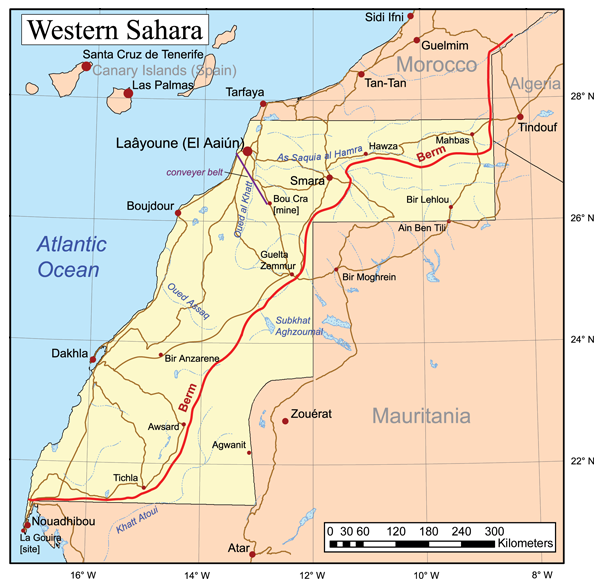For as long as I can remember the US State Department has had the same, almost comical, slogan …..their goal is to “prevent conflict and promote stability’.
Recently the Biden White House has added to this delusion.
Every country, including our own, experiences risks and challenges related to stability and conflict. The international community grapples with issues that cut across borders, societies, ways of life, and economies. As the world has witnessed too often, the effects of conflict and instability are not constrained by borders or technologies. Cooperation and long-term investments in conflict prevention and stabilization are needed now more than ever to build peace across divided communities and boundaries. We must collectively bolster societal resilience to prevent and reduce the heavy human and financial costs of conflicts that undermine global peace, security and sustainable development.
On April 1, 2022, the Biden-Harris Administration launched the implementation of the U.S. Strategy to Prevent Conflict and Promote Stability with partner countries across the globe. The Strategy outlines a ten-year, evidence-based, whole-of-government effort to foster peace and long-term stability through integrated U.S. diplomacy, development, and security-sector engagement with dual goals of strengthening national and regional peace, resilience and stability and enhancing the way our government operates in a variety of contexts.
(whitehouse.gov)
And how has that worked out for the US since 1990?
In Kosovo….and Somalia….Libya….Iraq….Afghanistan….and now Ukraine…..how is all this helping promote stability?
This is my favorite paragraph of the strategy from Biden…..
This Strategy lays out a whole-of-government approach to advancing America’s national interests on the world stage. This means tapping into the expansive expertise and resources that reside across our Government, sharpening and updating those tools where needed, humbly applying the costly and painful lessons from the past, and transforming the way we work with each other. Our diplomats, officers, and experts in the State Department, the United States Agency for International Development, the Department of Defense, the Department of the Treasury, and others across Government, as well as members of the Foreign Service and Armed Forces, will work in close cooperation with multilateral organizations and a wide variety of local partners in each nation where these efforts will be pursued — including civil society organizations, community leaders, businesses, and government officials. Those who are closest and most vulnerable to these challenges know best where the opportunities for peace and stability lie — they represent the strongest source of promise and immunity from destabilizing forces, and we must support their strength and resilience. From strengthening social institutions and state-society relations, to mitigating the spread of extremist ideologies, to confronting the corrosive impact of gender inequality, to cultivating greater trust between security forces and citizens, to guarding against the destabilizing threat of climate change — we will help foster locally led, locally owned solutions grounded in mutual trust and long-term accountability.
All this should be the opening act down at the ‘Chuckle Shack’
All this humor is wonderful rhetoric and great slogans but the actions show a different side to this comedy.
SecState has made my case for me….
The US will focus its efforts on arming Ukraine and not attempting to bring the war to a negotiated settlement, America’s top diplomat said. Secretary of State Antony Blinken laid out a plan to massively expand Kiev’s military before talks begin.
In a speech delivered in Finland on Friday, Blinken stated, “The United States – together with our allies and partners – is firmly committed to supporting Ukraine’s defense today, tomorrow, for as long as it takes.” He continued, “We believe the prerequisite for meaningful diplomacy and real peace is a stronger Ukraine, capable of deterring and defending against any future aggression.”
Blinken dismissed the idea of even a temporary pause in the fighting. “Some countries will call for a ceasefire. And on the surface, that sounds sensible – attractive, even. After all, who doesn’t want warring parties to lay down their arms? Who doesn’t want the killing to stop?” He said. “But a ceasefire that simply freezes current lines in place and enables Putin to consolidate control over the territory he’s seized…It would legitimize Russia’s land grab. It would reward the aggressor and punish the victim.”
Blinken Dismisses Calls for a Ceasefire, Says US Must Build Up Ukraine’s Military
None of his words will ‘prevent conflict and promote stability’
And yet the American believe the BS…..so damn typical.
I Read, I Write, You Know
“lego ergo scribo”
